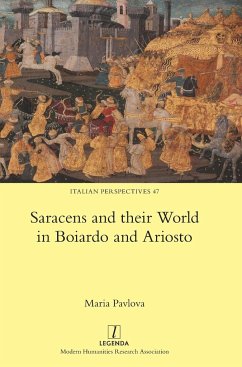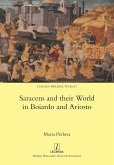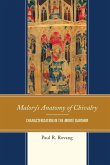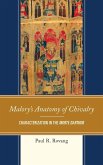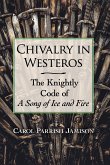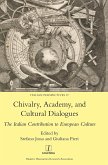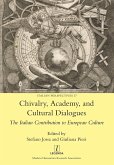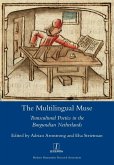A ubiquitous presence in European chivalric literature, the multifaceted figure of the Saracen Other plays a vital role in shaping the knightly values and ideologies underpinning some of the most influential narrative poems of the Italian Renaissance. By combining historical research and close reading and bringing to bear a wealth of literary and documentary sources, some of which have never before been published, this book analyses portrayals of Saracens and their world in Boiardo's Inamoramento de Orlando and Ariosto's Orlando furioso. Pavlova assesses for the first time the degree of realism in Boiardo's and Ariosto's representations of Islam and Islamic culture(s) and discusses the ideological implications of the two poets' innovative treatment of their Saracen characters. She locates these and other fifteenth- and early sixteenth-century chivalric works within the rich, vibrant history of interactions between Italian rulers and their Islamic counterparts as well as within the centuries-long literary tradition, going back to such archetypal texts as the Chanson de Roland and the Chanson d'Aspremont. Maria Pavlova is a Leverhulme Early Career Fellow in the School of Modern Languages and Cultures at the University of Warwick.
Hinweis: Dieser Artikel kann nur an eine deutsche Lieferadresse ausgeliefert werden.
Hinweis: Dieser Artikel kann nur an eine deutsche Lieferadresse ausgeliefert werden.

